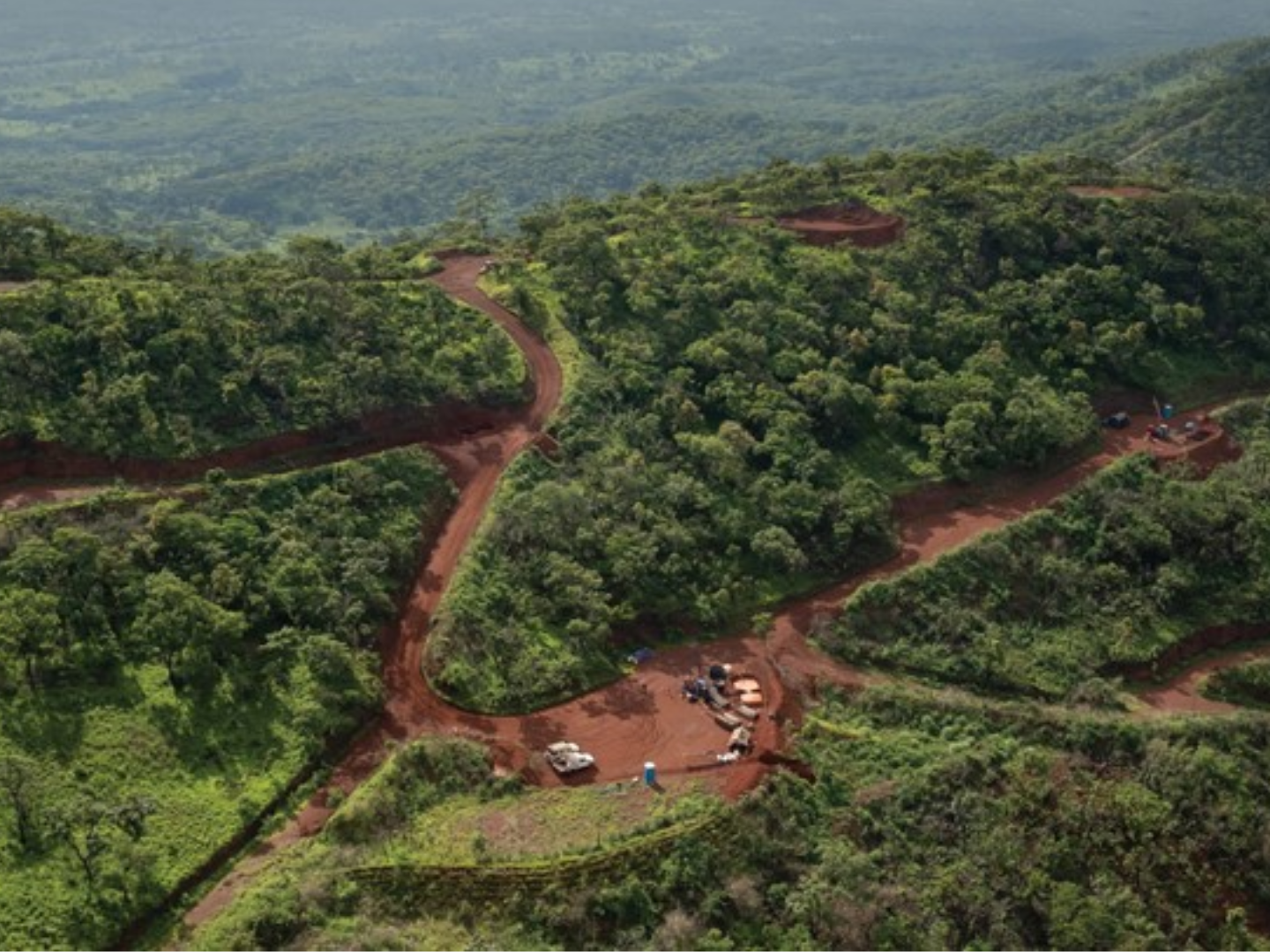The Republic of Guinea became the world’s largest exporter of bauxite in 2024, and with the operationalisation of the Simandou iron ore project scheduled for the end of this year or early 2026, the country stands on the cusp of becoming Africa’s second-largest mining nation, after South Africa.
These achievements represent important shifts in the global resource landscape, but will they translate into transformative economic gains for Guinea?
By Marcus Courage, CEO of Africa Practice
Economic potential
The International Monetary Fund (IMF) is optimistic. In its April 2025 economic assessment, the IMF significantly upgraded the country’s medium-term growth forecast. The revision explicitly incorporates expected revenues from the Simandou project into its base-case scenario, projecting average annual growth exceeding 10% through to 2029.
This level of growth could position Guinea as the world’s second-fastest-growing economy between 2015 and 2030, trailing only oil-rich Guyana. The sheer scale of the Simandou project, involving the construction of vital logistics infrastructure including a 600km railway, is anticipated to have many spillover effects, translating into other sectors like agriculture, manufacturing, and trade. By some estimates, the poverty rate could decrease by as much as 24 percent, as infrastructure creates positive spillovers to other sectors of the economy and makes labour generally more productive.
Social welfare
To effectively use the expected economic gains from the Simandou project to reduce poverty in Guinea, which ranked 181 out of 193 countries in the 2022 Human Development Index (HDI), feats of engineering and exports of raw materials will not be enough. A fundamental shift is necessary to address long-standing political and institutional barriers that have historically led to the unproductive use of Guinea’s resource wealth, perpetuating widespread poverty rather than generating broad-based prosperity.
Encouragingly, the country’s interim leader, General (President) Mamady Doumbouya, has set out a well-publicised roadmap to invest mining revenues into both hard infrastructure (e.g., roads) and social infrastructure. The elaboration of this roadmap (Simandou 2040) has been assigned to KPMG, but already the president has committed to directing a 5% allocation of tax revenues from the Simandou mines to Guinea’s education system over 25 years and 20% of state revenue from La Compagnie du TransGuinéen to fund high school students studying science and engineering abroad for the same period. These commitments to education and vocational training could have a larger long-term impact than hard infrastructure.
The Simandou 2040 roadmap also includes financial system reforms to access international debt capital markets, with the government advised by SouthBridge.
Governance and reform
As with all resource economies, the quality of development outcomes in Guinea hinges on governance effectiveness. The IMF’s projections for Guinea’s GDP underscore this. Under an optimal governance scenario, GDP could reach $132 billion by 2040, compared to $77 billion under standard conditions and $51 billion without Simandou.
The IMF’s projections underscore how transformative Simandou can be for Guinea, but realising this relies heavily on strong governance. Transparent revenue management, independent oversight, and inclusive development planning and policymaking are crucial. Without this, there’s little guarantee that the benefits of Guinea’s fabulous mineral wealth won’t perpetuate a dual economy where a prosperous, resource-rich enclave coexists with widespread poverty.
Having spent twenty years working with mining stakeholders in Guinea, I’ve witnessed both remarkable possibilities and enduring obstacles. On April 15th, Rio Tinto confirmed in a statement that the “Simandou project remains on track.” Time will tell whether this feat of engineering translates into a real change in fortunes for Guinea’s citizens.
Marcus Courage is CEO of Africa Practice, a mission-led strategic advisory business. www.africapractice.com

